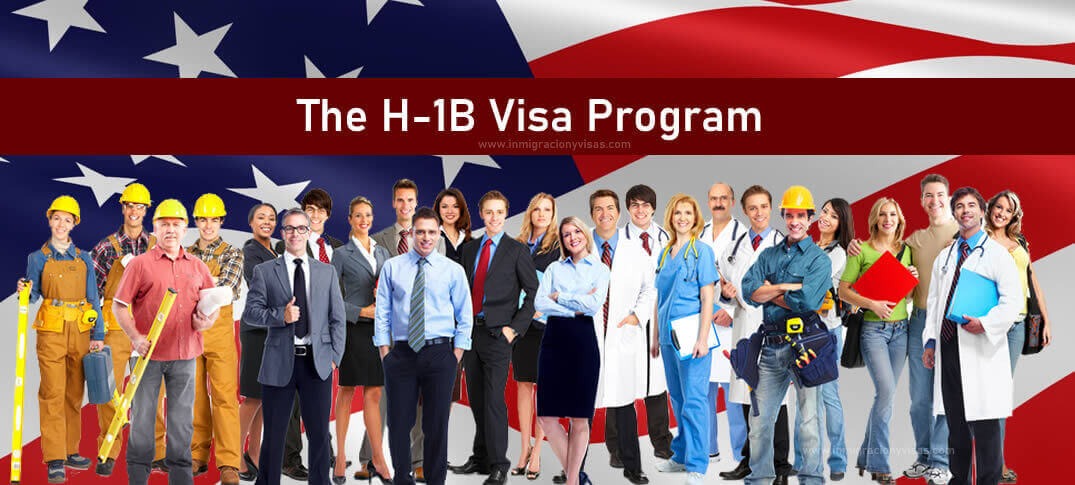Foreign workers fill a critical need in the U.S. labor market—particularly in the Science, Technology, Engineering, and Math (STEM) fields. Every year, U.S. employers seeking highly skilled foreign professionals submit their petitions for the pool of H-1B visa numbers for which U.S. Citizenship and Immigration Services (USCIS) controls the allocation. With a low statutory limit of visa numbers available, demand for H-1B visa numbers has outstripped the supply in recent years, and the cap has been reached quickly. Research shows that H-1B workers complement U.S. workers, fill employment gaps in many STEM occupations, and expand job opportunities for all.
This fact sheet provides an overview of the H-1B visa category and petition process, addresses the myths perpetuated about the H-1B visa category, and highlights the key contributions H-1B workers make to the U.S. economy.
Overview of the H-1B Visa Category and the Petition Process
What is the H-1B Visa Category?
The H-1B is a temporary (nonimmigrant) visa category that allows employers to petition for highly educated foreign professionals to work in “specialty occupations” that require at least a bachelor’s degree or the equivalent. Jobs in fields such as mathematics, engineering, technology, and medical sciences often qualify. Typically, the initial duration of an H-1B visa classification is three years, which may be extended for a maximum of six years.
More information https://www.inmigracionyvisas.com/a5322-The-H-1B-Visa-Program-United-States.html



